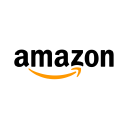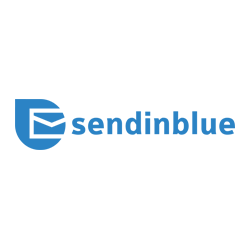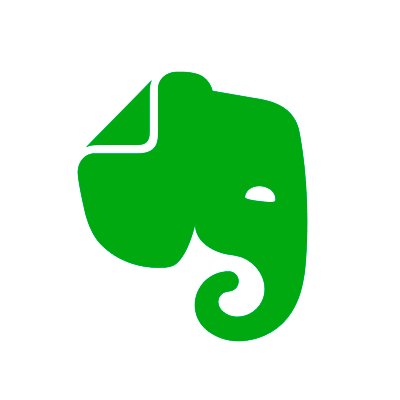How I Created A $18K/Month Referral Marketing Software
Hello! Who are you and what business did you start?
Hello, I’m Manuel Frigerio and I’m the founder of ReferralHero, a referral marketing platform used by over 6,000 companies all around the world, from startups to large companies such as Curve, Transferwise and HolidayPirates.
ReferralHero helps companies design and launch referral programs, from pre-launch waiting lists to giveaways and ambassador programs. Traditionally, launching a referral program requires a team of developers and a couple of weeks. ReferralHero was one of the first companies in the world to offer a widget that companies install on their website, with no need for a developer, and launch a referral program in hours instead of weeks.
We are now launching a new product that allows people to add an ambassador program to their newsletter (like TheHustle’s or The Morning Brew’s) in two clicks (ok, three clicks but who’s counting anyway?).
ReferralHero’s MRR is currently at around $18,000/month. After I launched ReferralHero (at the time called Maître) on ProductHunt in February 2016, we celebrated our first 1 million...











































